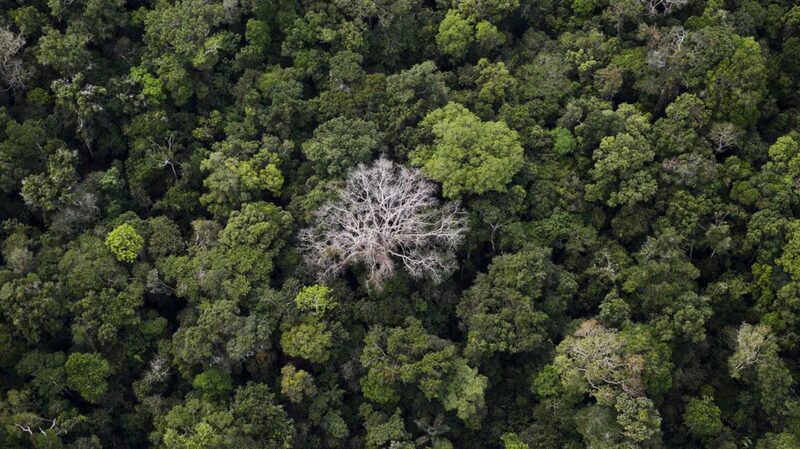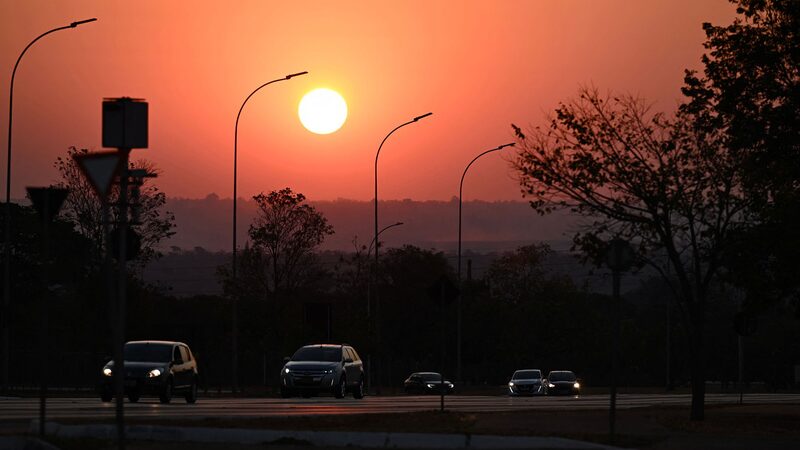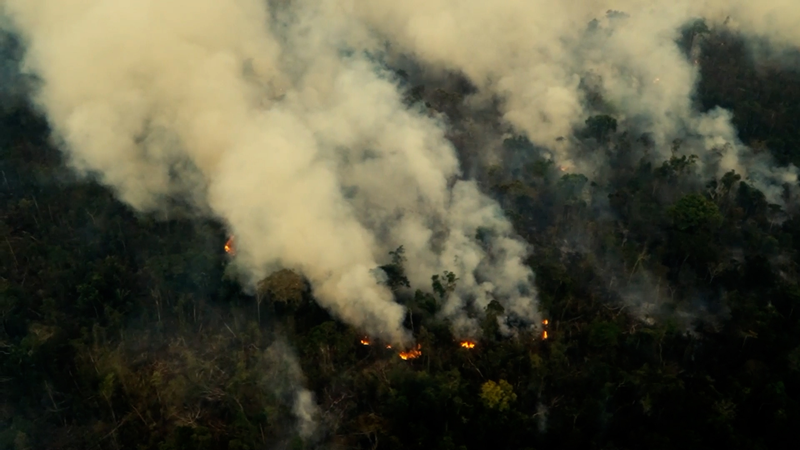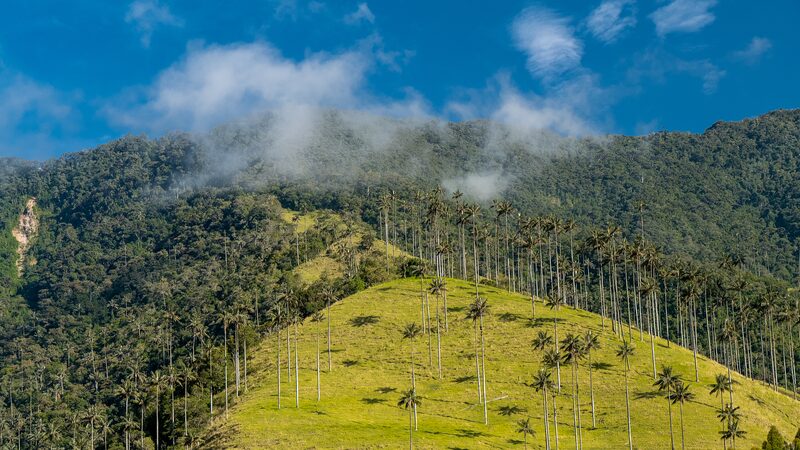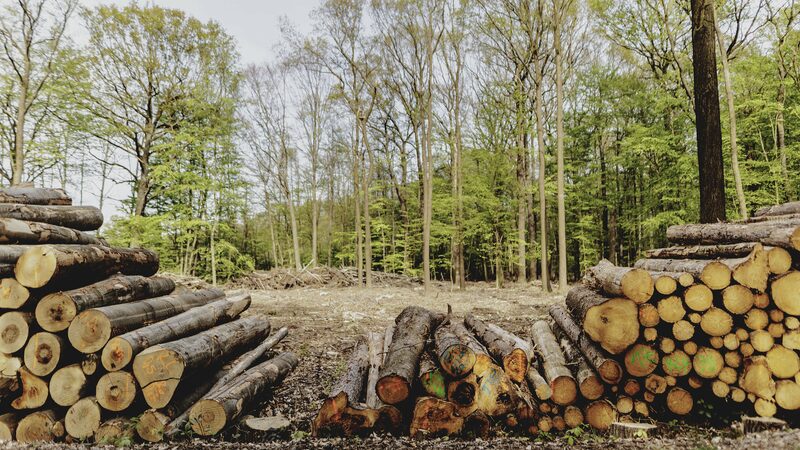Brazil’s Amazon Deforestation Drops 30% in February: Global Implications
Deforestation in Brazil’s Amazon rainforest fell by 30% in February compared to the same period last year, according to government data released on Friday. This significant decrease is a positive sign as President Luiz Inacio Lula da Silva’s administration works towards an ambitious pledge to end illegal deforestation by 2030.
The National Institute for Space Research (INPE) reported that preliminary satellite data showed 226 square kilometers (87 square miles) of the rainforest were cleared last month. While this is a notable reduction from the record 322 square kilometers deforested in February 2022, the figures remain above the nine-year average of 173 square kilometers for the month.
Experts caution that early-year satellite data can be skewed due to heavy cloud cover over the rainforest, potentially affecting accuracy. Mariana Napolitano, WWF-Brasil’s strategy director, emphasized the need for careful interpretation of the data. “We must be especially careful interpreting data from January and February, but the trend is still the same we had been seeing in 2023: a drop in Amazon deforestation, an increase in Cerrado deforestation,” she said, highlighting concerns about the rising threat to the Cerrado, one of the world’s most biodiverse savannas.
The month also witnessed a sharp spike in wildfires in Brazil’s northernmost state of Roraima, posing significant risks to Indigenous communities in the crisis-stricken Yanomami territory. These developments underscore the complex challenges Brazil faces in balancing environmental conservation with economic and social factors.
Global Relevance and Lessons for Asia
The reduction in deforestation rates in Brazil’s Amazon holds critical lessons for countries across Asia grappling with their own environmental challenges. Deforestation and habitat loss in regions like Southeast Asia’s rainforests have significant impacts on biodiversity, climate change, and Indigenous communities.
Initiatives aimed at curbing deforestation in Brazil may inspire similar efforts in Asian countries, where pressures from agriculture, logging, and development continue to threaten natural habitats. Collaborative international efforts and policy commitments are essential to achieve sustainable environmental management.
As global attention focuses on environmental conservation, the developments in Brazil serve as both a beacon of hope and a reminder of the ongoing work needed worldwide. Asian nations can look to Brazil’s strategies as part of a broader commitment to preserving vital ecosystems for future generations.
Reference(s):
Deforestation in Brazil's Amazon down 30 percent in February
cgtn.com
